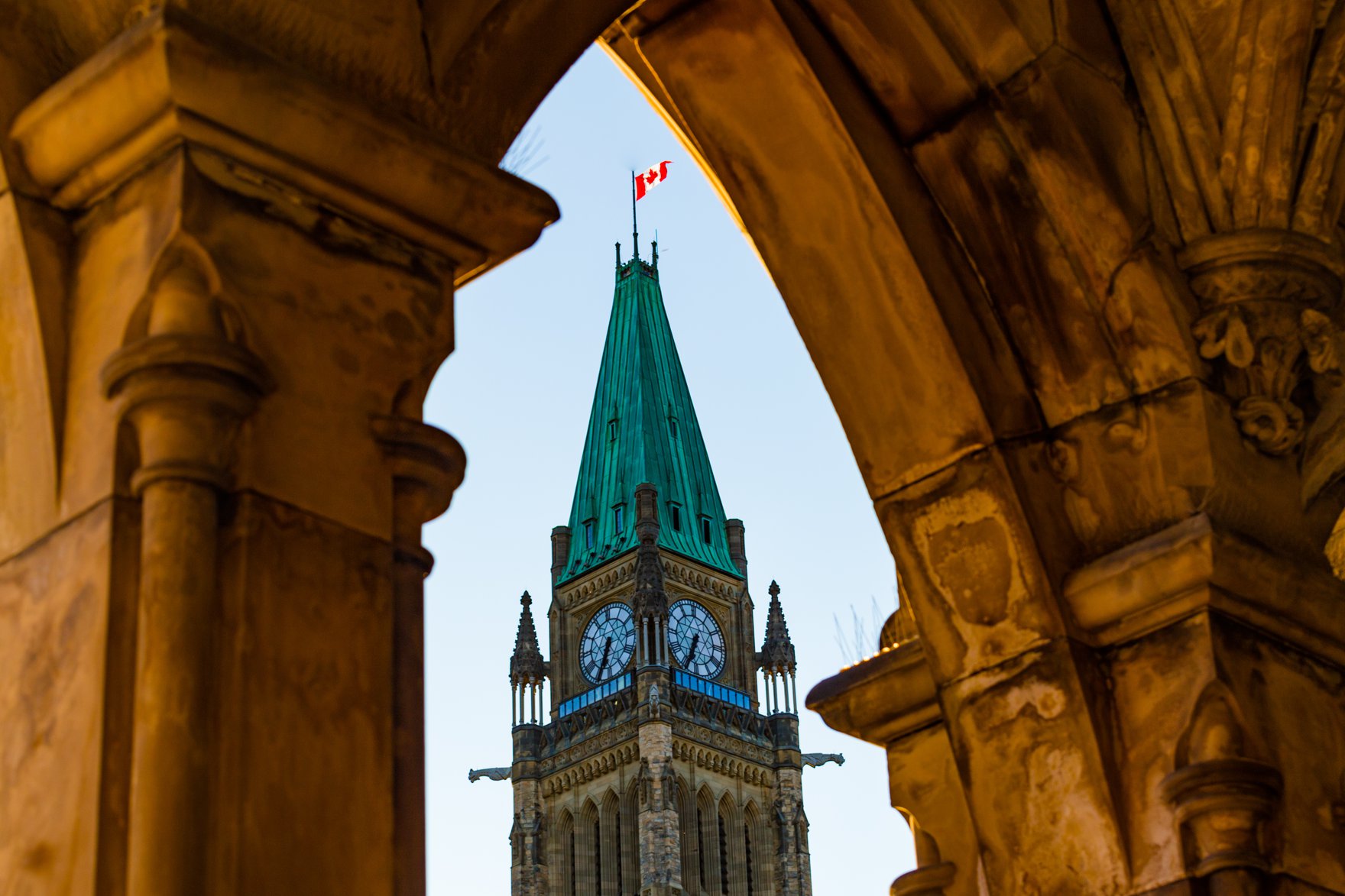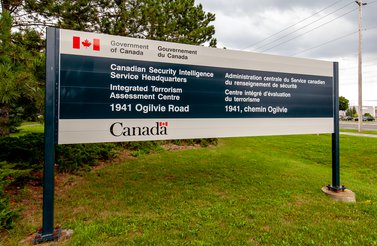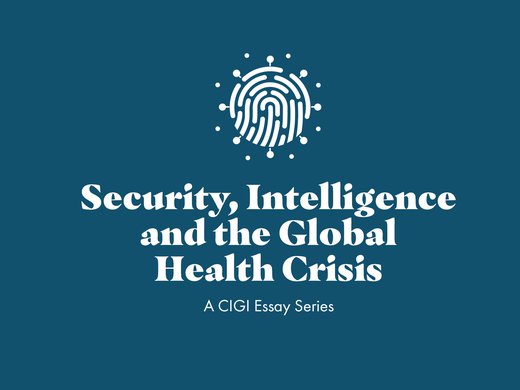National security is one of those national requirements and state functions that evokes mixed reactions from many Canadians. Some worry that any national security measures are intrinsically a threat to individual freedom and political diversity; others worry that our authorities are too passive in the face of growing threats from state and criminal enemies. Historically, Canada’s experience in terms of interpreting its Charter of Rights and Freedoms, its legitimate constraints on government excess, and our invaluable alliance with the Five Eyes security network (comprised of Australia, Canada, New Zealand, the United Kingdom and the United States) reflects some of the defining dimensions of our national security landscape. The fact that our major allies have completed months-long recalibrations of their own national security purposes and areas of focus should encourage Canadian policy makers to open the door to a fact-based reality check on national security and Canada’s future.
The United Kingdom’s integrated security review “Global Britain in a Competitive Age,” published in March, reflects a process of many meetings and working papers and a proactive approach to a coherent rethink, one undiminished by the pressures that the COVID-19 pandemic has exerted on what is, after all, a unitary system, without the sharing of duties between federal and provincial administrations. That the United Kingdom review advocates for a balance between significant modernization and new technology in every security sphere, as well as rational budgetary prudence, retirement of no-longer-relevant assets, and clarity about the source of international threats, is both encouraging and constructive.
Some worry that any national security measures are intrinsically a threat to individual freedom and political diversity; others worry that our authorities are too passive in the face of growing threats from state and criminal enemies.
The United Kingdom’s identification of the precise risks associated with both Russia and China is informative. New UK legislation, the National Security and Investment Bill, makes it clear that the maze of security threats from China and others reaches well into the corporate world, where intellectual property and artificial intelligence dynamics make a closer linkage between national security and corporate due diligence absolutely necessary.
The United States’ “Interim National Security Strategic Guidance,” issued by President Joe Biden’s administration in March, speaks clearly about the threat that China’s more assertive posture presents to America and its allies. This posture is seen by the Biden White House as heralding the potential use of China’s diplomatic, economic, military and technological power to increase its influence and weaken the international liberal democratic order built after the World War II; an international order upon which Canada, as a middle power, very much depends.
The White House document is frank about Russia’s and China’s efforts to date to weaken the ability of democracy-based free market alliances around the world to defend their values and freedoms, and/or each other, when threatened by either of these authoritarian regimes.
Both the United Kingdom and the United States call for change and recalibration in national security policies and capacities, so as to better engage with allies and partners worldwide in the face of these two robust and serious threats. Both cite cross-border aggression, cyber incursions, coercive energy policies and digital authoritarian postures as areas of particular concern.
National security is no longer solely about counter-espionage or anti-terrorism criminal intelligence that prevents bad things from happening. It is now about a more inclusive view of threats: not only important macro-strategic national challenges, but also events that have the potential to destabilize democracy, economic prosperity and peaceful, lawful governance. Russia and China have been open in dismissing the democratic mixed-market economy and its inherent respect for dissent, a free press and genuinely competitive political parties, in favour of the authoritarian technocratic model.
These authoritarian powers have a range of proxies around the world — from North Korea, to Iran, to Venezuela and Syria — and an interplay of criminalized groups with holds on data, trafficking rings and small arms. These forces constitute a burgeoning non-democratic network about which frankness on our part is clearly the beginning of wisdom.
It is for these reasons that efforts to reimagine national security, its purposes, organization, instruments and technological reach (including through the initiatives put forward by CIGI) are both timely and necessary. The global and technologic context underpinning Canada’s requirement for effective national security has shifted meaningfully. The nature of the risks and the incoming threats have also changed, both in design and capacity.
And, as the most serious sources of external threat are not in any way restrained by the nuances of public opinion, an open and free press, or the vicissitudes of democratic politics, any recalibration of the Canadian security system must reflect the democratic values that underpin the nation’s own definition of freedom. Freedom, after all, is what the national security system is meant to protect.
When reimagining national security, it will be important to consider:
- ensuring democracy;
- borders and geopolitical threats;
- economic security and a changing global economy;
- global pandemic and biosecurity strategies;
- digital safety for Canadians;
- impact of energy markets on national security; and
- contributing to global leadership on national security.
A range of opportunities will emerge if we dare to modernize our policies at home and abroad, adapting and innovating them with a coherent and evidence-based approach. What is clear is that the world in which Canada and its governments, industry, science communities and citizens must negotiate and build a sustainable social and economic future is more complex than it was during the Cold War, or in the Pax Americana era that spanned the fall of the Berlin Wall to 9/11.
The need to recalibrate our national security capacities, organizations and frameworks is genuine; the opportunities that those changes will create — opportunities to build Canadian economic, democratic and institutional strength in the years ahead — are also real.




